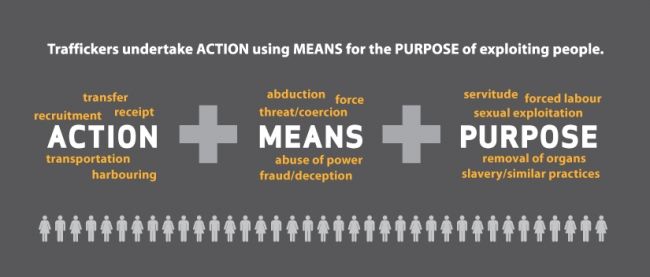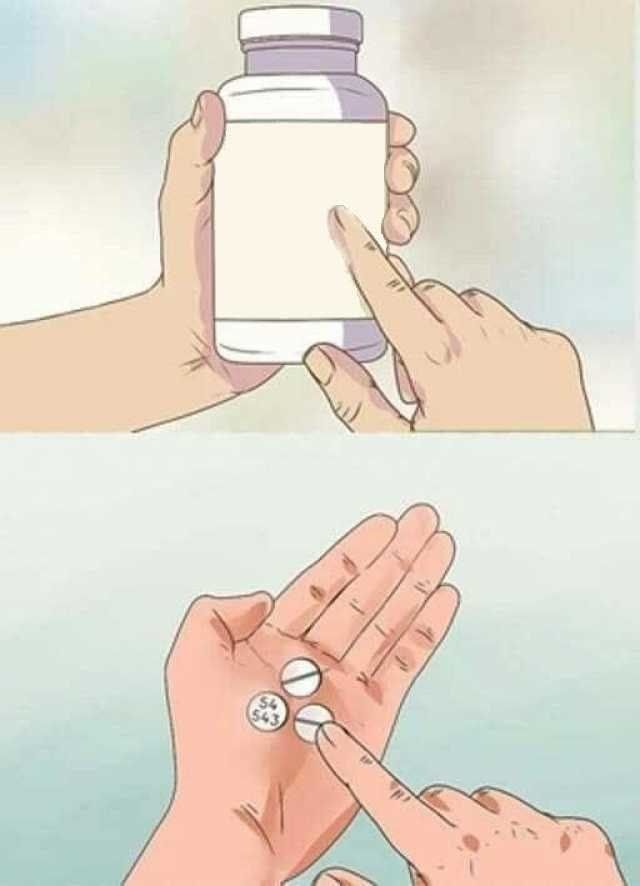What does it mean to purge food
How Does Purging Affect The Body?
**Content warning: This post includes discussion of purging behaviors. Please use your discretion when reading and speak with your support system as needed.
Purging is a compensatory behavior experienced by many people with eating disorders. It refers to the act of compensating for or expelling food intake to influence body weight or “make up for” consuming calories. Purging is most commonly associated with self-induced vomiting but also includes the misuse of laxatives, diet pills, and diuretics, as well as excessive exercise. This is seen across eating disorder diagnoses, including bulimia, anorexia, and OSFED (Other Specified Feeding or Eating Disorder).
There are many side effects purging can have on the human body. In this blog, we will break down a handful of different physical consequences of purging to explore what the eating disorder behavior can do to the body in the long term.
Hair
When the body is malnourished, it will make sure essential functions (such as organ function and retaining muscle tissue) are the top priority. The body will take nutrients from other sources, such as hair, which contains a protein called keratin. This may cause the hair to become dry, frizzy, break, or even fall out. Hair growth can stop altogether to focus on keeping the body alive.
Eyes
Forced vomiting puts pressure on the eyes, causing them to become red and irritated. This could also break a blood vessel in the eye, causing a large red patch in the whites of the eye, similar to a bruise on the eye. The eye sockets could also become sunken in and dark circles could appear under the eyes.
Teeth and Mouth
Repeated self-induced vomiting can cause serious damage to teeth. Vomit contains stomach acids that corrode the enamel that protects the teeth. When the enamel wears away, a cavity could appear. If a cavity doesn’t get filled, the tooth could become loose and fall out. This can also cause gingivitis, which makes the gums red, inflamed, and bleed when brushed or subjected to pressure. Teeth can also become stained with a yellow color, take on a more glass-like appearance, chip much more easily, become brittle, or even take on a different shape. Overall, it can be incredibly painful if sensitive parts of the teeth are exposed, and hot and cold food may be too painful to consume. Often, the effects on teeth are irreversible without surgery.
Overall, it can be incredibly painful if sensitive parts of the teeth are exposed, and hot and cold food may be too painful to consume. Often, the effects on teeth are irreversible without surgery.
The acids in the stomach can also cause swelling of the face and salivary glands. There could be swelling around the jaw and cheeks. Experiences of painful mouth sores on the roof of the mouth, inner cheeks, inner lips, throat, and tongue are also common. Those sores can swell up and become infected. Dry mouth could also be experienced, and, when paired with the mouth sores, could be incredibly painful. Dry mouth can change the taste and texture of food, which may increase the likelihood of it getting stuck in the mouth or throat and possibly cause choking.
Heart and Kidneys
Frequent purging often causes dehydration; it can also throw electrolytes out of balance and strain the heart. This could also cause a heart attack or a seizure. Those with bulimia, for example, are five times more likely to have a heart attack and six times more likely to have coronary artery disease than those without an eating disorder.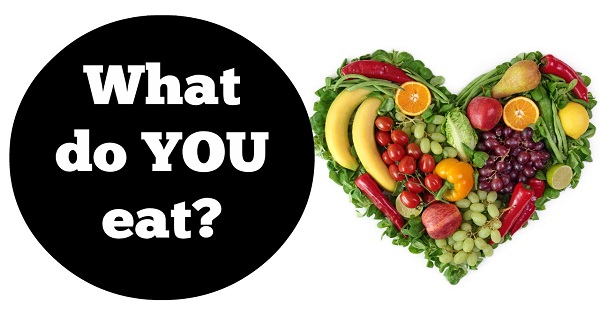 An irregular heartbeat is also more likely in those with an eating disorder. Prolonged dehydration can cause urinary tract infections, kidney stones, and even kidney failure, which could be fatal. Hypovolemic shock/low blood volume shock can also occur when there is a drop in low blood pressure and a drop in the amount of oxygen in the body.
An irregular heartbeat is also more likely in those with an eating disorder. Prolonged dehydration can cause urinary tract infections, kidney stones, and even kidney failure, which could be fatal. Hypovolemic shock/low blood volume shock can also occur when there is a drop in low blood pressure and a drop in the amount of oxygen in the body.
Skin
Purging may cause skin to dry out or become scaly, rough, pale, and more likely to bruise or scar. Cheeks and other parts of the face can also become swollen. If fingers are used to induce vomiting, there could be permanent scarring or calluses from the teeth or stomach acid.
Reproductive System
Hormonal imbalances may also occur in individuals who purge. Fatigue from the consistent purging may cause a low sex drive and could even stop female menstrual cycles. Females may no longer release eggs and males can have low to no sperm production, which could contribute to infertility.
If a person is pregnant and purging, there can be many complications, such as a miscarriage, premature birth, breech birth, birth defects, higher risk of cesarean delivery, and stillbirth.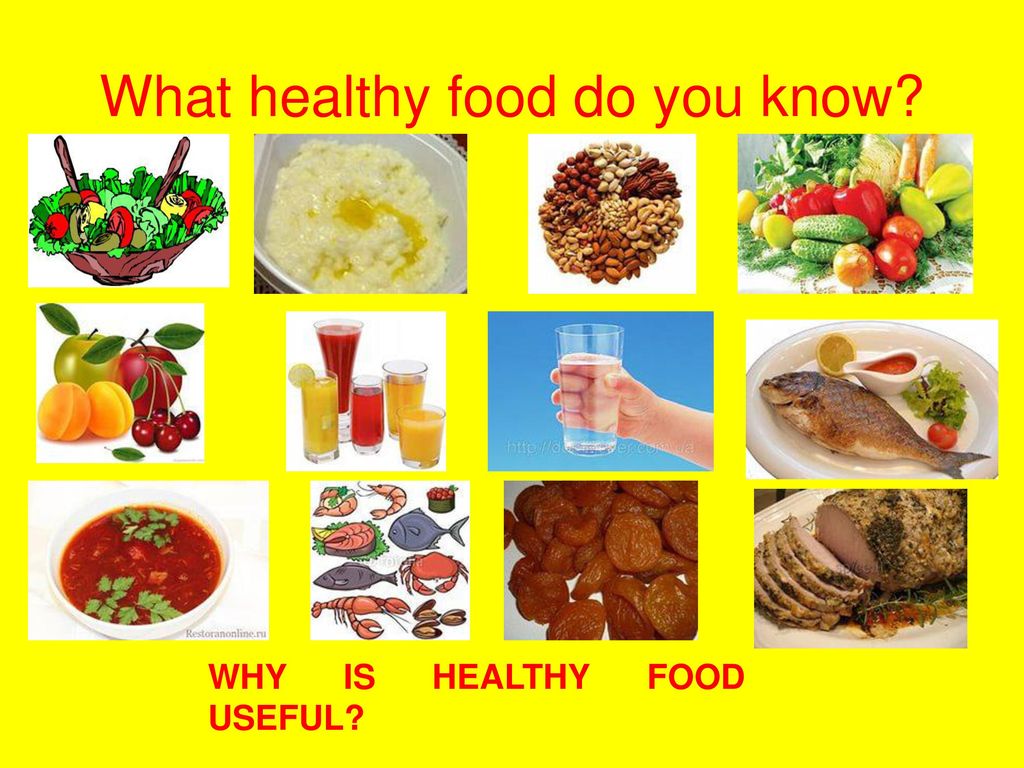 After a person gives birth, there can be issues or difficulties with breastfeeding and weight gain that can cause stress and could, in turn, exacerbate the bingeing and purging cycle even further.
After a person gives birth, there can be issues or difficulties with breastfeeding and weight gain that can cause stress and could, in turn, exacerbate the bingeing and purging cycle even further.
Mood and Stress
Eating disorders often co-occur with depression, anxiety, bipolar disorder, and post traumatic stress disorder (PTSD). Eating disorders can cause people to feel shame and guilt about their compulsive behaviors. A person may even have a breakdown if they are denied purging after eating. The feelings of guilt may continue to manifest, reinforcing the purging cycle. Mood swings are common and there can be a lot of stressful feelings coming from purging. Stress is a common eating disorder trigger and could exacerbate the urge to purge. Irritability, guilt, isolation, secrecy, or physical self-harm may all be something a person is experiencing behind closed doors. As they struggle to try to hide the eating disorder, the person’s anxiety, stress, and mood may be a contributing factor in maintaining the eating disorder.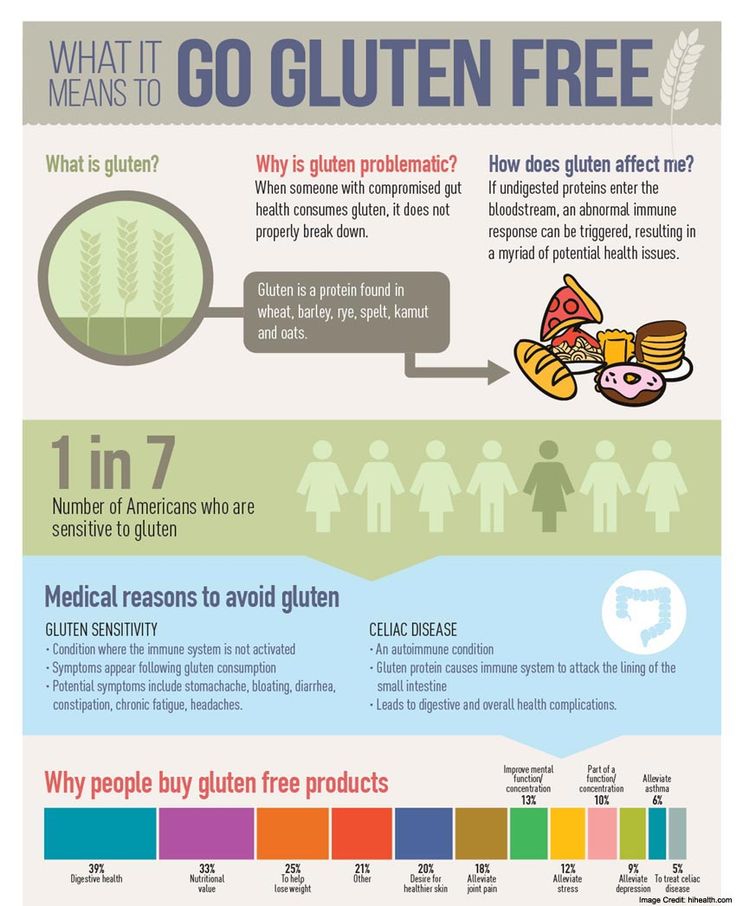
Recovery is Possible
Eating disorders are, first and foremost, mental disorders and the second most fatal mental disorder. There are many long-term health issues that can follow a person for many years even after recovery. However, recovery is possible and getting treatment as soon as possible will help prevent irreversible physical effects.
The best thing to do when someone is exhibiting warning signs of an eating disorder is to get immediate help. Veritas Collaborative has many different care options and is committed to offering the very best evidence-based care to our patients. If you, a loved one, or a patient is struggling with an eating disorder, please reach out to us at 855-875-5812.
Tags: Purging
Purging Disorder: Symptoms, Treatments, and More
Purging disorder is an eating disorder that involves “purging” behavior to induce weight loss or manipulate body shape. Purging can mean a number of things, including:
- self-induced vomiting
- misuse of laxatives or medications
- excessive exercise
- fasting
While it’s not as well-known as other eating disorders, purging disorder is a recognized eating disorder.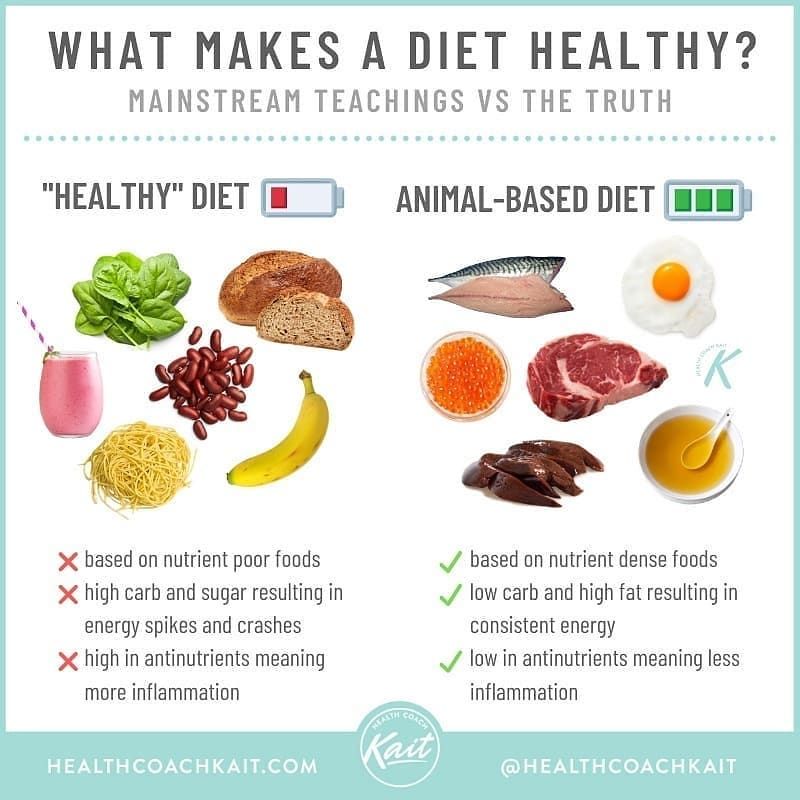 It’s categorized as an “Other Specified Feeding or Eating Disorder.”
It’s categorized as an “Other Specified Feeding or Eating Disorder.”
It’s critical to remember that eating disorders are among the deadliest mental health conditions. They can cause significant harm to both physical and mental health.
If you’re experiencing symptoms of an eating disorder, remember that you aren’t alone and help is always available.
Bulimia is a serious eating disorder that often occurs in a cycle of binge-eating behavior followed by a period of purging.
While bulimia and purging disorder can both share purging behaviors, the main difference between the two is that there’s a compulsion to binge eat with bulimia.
Purging disorder is defined as engaging in purging behaviors without it being in response to a binge-eating episode.
As a recognized eating disorder, purging disorder can be identified by many of the same symptoms as other eating disorders. Symptoms might include:
- recurring episodes of purging behaviors to lose weight, including:
- self-induced vomiting
- laxative or diuretic misuse
- misuse of enemas
- fasting
- excessive exercise
- significant emotional distress or disruption to social, work, or personal life
- fear of gaining weight or obsession with losing weight
- self-esteem issues heavily influenced by body shape or weight
You can be any shape or size and have an eating disorder.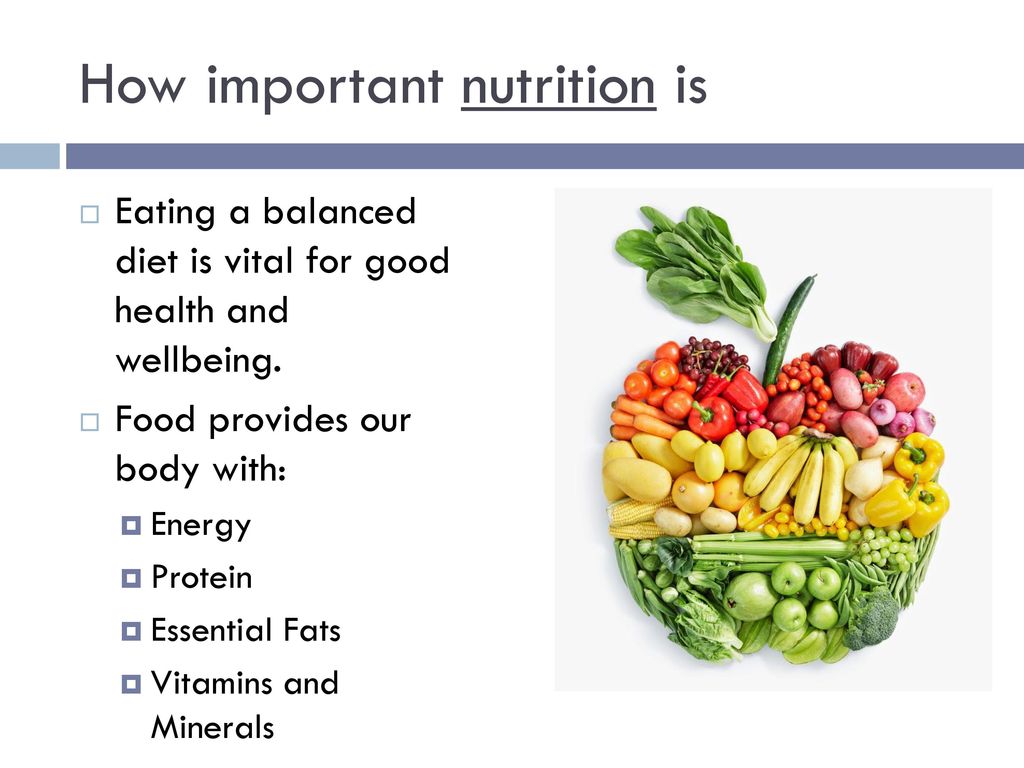 This is why it’s important to recognize the symptoms before your health is damaged.
This is why it’s important to recognize the symptoms before your health is damaged.
If you think you or a loved one may have an eating disorder, you can take an online-self assessment to determine if you have any behaviors that could potentially result in an eating disorder.
However, it’s important to note that these assessments don’t qualify as a diagnosis. If you think you have an eating disorder, speak with your doctor.
Eating disorders like purging disorder can affect anyone, regardless of:
- age
- sex
- race
- ethnicity
- sexual orientation
Stereotypes that eating disorders only affect teenage girls are both incorrect and damaging. This idea can often discourage people from seeking treatment.
What the research says
There are certain factors that might contribute to higher rates of eating disorders among certain people.
Sexual and physical abuse, or participating in appearance or weight-focused sports, are potential risk factors.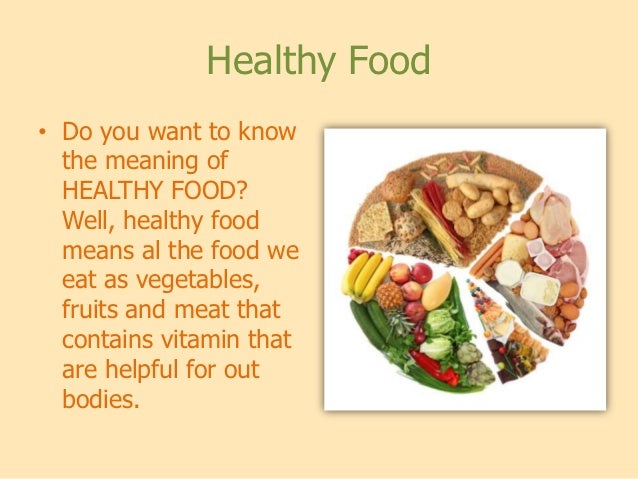
While studies suggest that eating disorders are more common during late childhood and adolescence, it’s possible for eating disorders to occur at any time in life.
Men are also at risk for eating disorders. A recent review concluded that at least 25 percent of people with eating disorders are male. Plus, eating disorders like purging disorder are actually increasing at a faster rate among males than females.
People who have an eating disorder are also more likely to have another mood disorder at the same time. One study concluded that as many as 89 percent of individuals with eating disorders often have concurrent mood disorders, such as:
- anxiety
- depression
- impulse control issues
- substance use
Eating disorders are a serious mental health condition, not a choice. There’s no shame in getting help.
Treatment for purging disorder can vary based on each person. Some people may benefit from more intensive inpatient treatment and recovery programs, while others might prefer outpatient therapy options.
Inpatient treatment is more common in cases that require medical monitoring or daily assessments. Outpatient treatment might include psychotherapy and nutrition counseling.
Medications aren’t used to treat purging disorder. Rather, they may be prescribed to treat concurrent mood disorders that may be causing additional stress or making it harder to cope with recovery. Talk with your doctor about medication options.
Purging disorder can cause many serious side effects to your health, including:
- feeling faint
- tooth decay
- throat swelling
- facial swelling
- mood swings
- irregular heartbeat and other heart problems
- scarred hands
- pregnancy complications
- kidney failure
- digestive issues or constipation
- dehydration
- nutrient deficiencies
- electrolyte or chemical imbalances
Self-induced vomiting can also lead to severe damage to other areas of your body over time, including your:
- teeth
- esophagus
- digestive system
- cardiovascular system
If you or someone you know has purging disorder, you can:
- Call the National Eating Disorders Association helpline for resources, treatment options, and support.

- Get free or low-cost support options for anyone who may not have access to inpatient treatment or therapy.
Remember that eating disorders are serious mental health conditions, not a question of willpower. Don’t feel ashamed to seek treatment or additional help, and know that you’re not alone.
Recovering from an eating disorder is possible, but it takes time. Be patient with yourself over the course of your recovery. Everyone is different, and healing is an ongoing process.
Consider continuing therapy, journaling, or joining a support group to help as you recover. Relapses might happen, but you’re not a failure if they do. Help is always there to get you back on track.
Purging disorder is a serious mental health condition caused by repeated cycles of purging in order to manipulate weight or body shape. Purging can take many different forms, which can cause serious nutritional and metabolic imbalances and lead to lasting damage to your health.
It’s important to seek professional treatment for purging disorder as soon as possible, whether that’s joining a support group or seeking more intensive therapy.
While recovery from an eating disorder is an ongoing process, it’s absolutely possible to live a happy and healthy life. The goal is to restore your relationship with food and your body. Remember, the first step to breaking the cycle of purging is to reach out for help.
Body cleansing or detox - cleansing products, drinking detox, how to properly cleanse the body
{{if type === 'partner-stocks'}}
{{/if}}
{{/if}} {{each list}}${this} {{if isGorzdrav}}
Delete
{{/if}}
{{/each}} {{/if}} Search by drug, disease, substance: DERMAKOSMETIKA, SOLGAR, NaturAge, Voltaren, KagocelHome
Articles
Body cleansing or detox
The human digestive system is a living nutrient processing station. But with them, toxins enter the body. And some hazardous substances are a direct result of metabolism. Detox helps the body get rid of them. This is a cleansing method that includes several stages and helps not only to get rid of toxins, but also to lose weight.
But with them, toxins enter the body. And some hazardous substances are a direct result of metabolism. Detox helps the body get rid of them. This is a cleansing method that includes several stages and helps not only to get rid of toxins, but also to lose weight.
What does a detox cleansing of the body give
The body is a self-cleansing system, especially in childhood and youth. The main role in this belongs to the digestive tract, liver, kidneys and skin. Everything that came with food inside is broken down into its constituent parts in the stomach and intestines. Partially, substances are absorbed into the blood, the rest leave the intestines naturally. Everything that has been absorbed is delivered to the liver for deep processing, neutralization and excretion from the body.
Water-soluble substances pass through the kidneys, where deep blood filtration takes place. Some toxins leave the body during intense sweating or breathing. But people themselves increase the load on the organs when they lead an unhealthy lifestyle.
The following factors contribute to slagging:
- bad habits - drinking alcohol, smoking;
- malnutrition - a large amount of animal fats, sugar and salt, lack of fiber, vitamins;
- sedentary lifestyle;
- unfavorable ecological situation;
- wrong drinking regimen;
- chronic stress.
Against the background of the accumulation of toxins, the state of health worsens. The skin acquires an unpleasant shade, peels off, becomes covered with rashes. Hair and nails become brittle. Digestion is noticeably affected. Many people notice that after eating they are worried about heaviness in the stomach, bloating, and constipation appears. But much more dangerous are internal disorders that manifest themselves in a decrease in immunity and a lack of certain vitamins.
Detox programs deal with all the consequences of an unhealthy lifestyle at once. They help cleanse the intestines from pathogenic microorganisms and toxins. For beneficial bacteria, the nutrient medium is fiber, using its components they synthesize vitamins of group B, K. If there is not enough fiber, simple carbohydrates and sugars predominate in the diet, and the number of microorganisms that cause fermentation increases. During a special diet, harmful foods are excluded from the diet, so the pathogenic flora dies, the body is cleansed.
For beneficial bacteria, the nutrient medium is fiber, using its components they synthesize vitamins of group B, K. If there is not enough fiber, simple carbohydrates and sugars predominate in the diet, and the number of microorganisms that cause fermentation increases. During a special diet, harmful foods are excluded from the diet, so the pathogenic flora dies, the body is cleansed.
Subcutaneous fat accumulates many toxic substances that dissolve well in lipids. The complete detox program helps to reduce the thickness of fat folds and remove dangerous substances from the body. After cleaning, a feeling of lightness appears, digestive problems, skin rashes disappear, immunity improves. But you need to choose a detox program with care so as not to cause even more harm.
Products for detox and body cleansing
Proper nutrition is the basis of body cleansing. But to improve the condition, it is not enough to get rid of dangerous products. To eliminate the consequences of the abuse of junk food, it is necessary to include in the diet food that improves the elimination of toxins, saturates with vitamins. Help cleanse the body:
Help cleanse the body:
- fresh vegetables and fruits;
- whole grain bread;
- fermented milk products;
- vegetable oils;
- dried fruits.
Cleansing of the digestive system occurs if food is eaten raw or with minimal heat treatment. This saves more vitamins, and fiber helps to remove all toxins from the intestines. Safe laxatives can be included for complete cleansing. These include Lactulose, Dufalac, Laktofiltrum. They gently loosen the stool, and Laktofiltrum contains useful microorganisms that help restore the intestinal microflora.
What else is included in the detox
To detoxify the body, it is not enough to change the nature of the diet. In order for the cleaning to proceed correctly, it is necessary to observe the drinking regimen. The volume of liquid per day during detox should not be less than 1.5 liters, 2 liters of pure water is considered optimal.
Decoctions and tea from medicinal plants help to cleanse the body. Chamomile, fennel copes well with this task. It can be used ready-made in a slimming and cleansing bar or simethicone capsules to help get rid of gas. But coffee, black tea, carbonated drinks and juices from packages are excluded from the menu. They do not help maintain drinking balance, but accelerate the loss of fluid, wash out the necessary vitamins and minerals.
Chamomile, fennel copes well with this task. It can be used ready-made in a slimming and cleansing bar or simethicone capsules to help get rid of gas. But coffee, black tea, carbonated drinks and juices from packages are excluded from the menu. They do not help maintain drinking balance, but accelerate the loss of fluid, wash out the necessary vitamins and minerals.
Comprehensive detox includes lifestyle changes. It is impossible to cleanse the body in a state of stress. Why do so many people prefer to go through cleaning programs in secluded places, go to special resorts? To create all the conditions for improving the flow of thoughts, to avoid stress and nervous tension.
Detox programs
Various detox programs are available at special resorts, but often they are expensive. Why spend a lot of money if you can properly clean the body at home. To do this, it is enough to set a goal, plan a diet by choosing the right products.
Short detox courses can be used at home for 3, 5 or 10 days.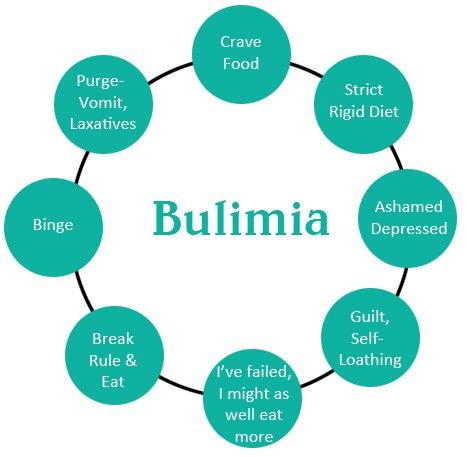 Why can't you choose long programs? They must be carried out under the supervision of an experienced specialist, so as not to harm the metabolism.
Why can't you choose long programs? They must be carried out under the supervision of an experienced specialist, so as not to harm the metabolism.
The home detox program includes simple recipes. Usually, before breakfast, they drink a glass of warm water with the addition of lemon juice. For breakfast, eat fruits or low-fat dairy products. For lunch, choose vegetable soup without meat, buckwheat porridge or brown rice. Those who decide to undergo cleansing with the help of a raw food diet prepare salads from fresh vegetables.
There are detox fasting programs. The complete rejection of solid food is accompanied by an increase in fluid intake. It can be pure water, herbal decoctions, natural fresh juices from vegetables and fruits. A prerequisite is dilution with water. But not everyone can tolerate the rejection of solid foods.
Detox is easier to tolerate with smoothies. They are made from water or juice and grated plant foods. Why chop vegetables and fruits? To facilitate their digestion and reduce the burden on the stomach.
Results can be improved by including sorbents in the cleansing program:
- Detox Colon - contains inulin, chicory and apple fibers, psyllium seeds, fennel, aloe vera. When used, toxins are removed from the intestines, conditions are created for the growth of normal microflora;
- Metaldetox - in the composition of spirulina and chlorella - algae that help to remove salts of heavy metals from the body. This drug is useful in adverse environmental conditions.
RioFlora immuno capsules can be used to restore the intestinal microflora. These are probiotics, which include a complex of lacto- and bifidobacteria. They populate the intestinal mucosa and help restore the synthesis of vitamins, prevent the growth of pathogenic flora.
Safety and possible side effects
Detox programs should be used with caution and only after consulting a physician. This is not an ordinary diet that helps relieve digestion, but a set of measures. Detox is not recommended if there are contraindications:
- pregnant or breastfeeding;
- low body weight;
- condition after illness;
- exacerbation of chronic diseases;
- children's age.

People with diseases of the digestive system benefit from special diets. Detox, which uses a lot of raw vegetables, freshly squeezed juices, irritates the stomach lining.
If during detoxification there are unpleasant sensations in the abdomen, pain, bloating increases, dizziness bothers you, you need medical help. It is possible that the program is not designed correctly or there are contraindications to it.
It is possible to properly cleanse the body by following the basic rules of detoxification and maintaining the result after leaving the program. After all, why make so much effort if, after the end of the course, junk food, a large amount of sugar will return to the diet, and vegetables and fruits will disappear.
Why is “cleansing the body of toxins and toxins” a myth?
The concept of "cleansing the body of toxins and toxins" has long been very popular both among consumers of this service and among those who offer it.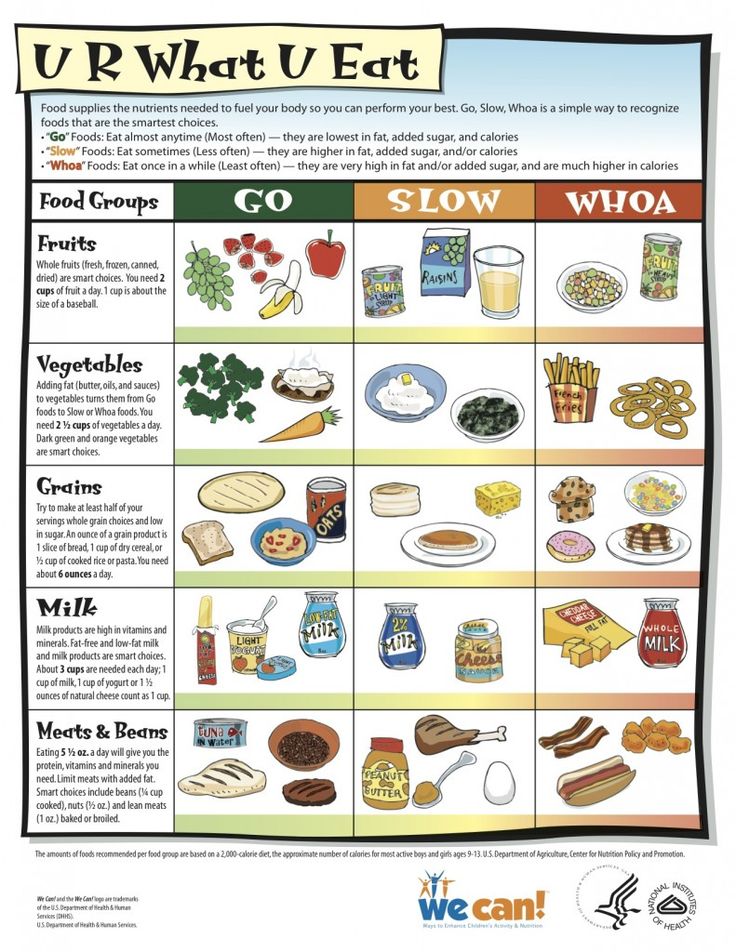
Enemas, curative fasting, all kinds of additives and dietary supplements, as well as combinations of these measures - special author's programs are used as "cleansing" measures. However, from a medical point of view, most of these programs are useless, and many of them can be dangerous.
What are "slags" and "toxins"?
Alternative medicine believes that harmful substances from food and the environment can accumulate in the body and impair human health. However, there is no evidence that this ever happens.
The human body, even if it is not very healthy, copes well with the task of maintaining its chemical balance, this mechanism always functions smoothly, because it is a necessary condition for human life. Waste substances are excreted not only through the intestines, but also through the skin, urine, and breath. The body is simply not designed to accumulate waste products of decay and maintain these "warehouses", for example, the intestinal mucosa is constantly updated.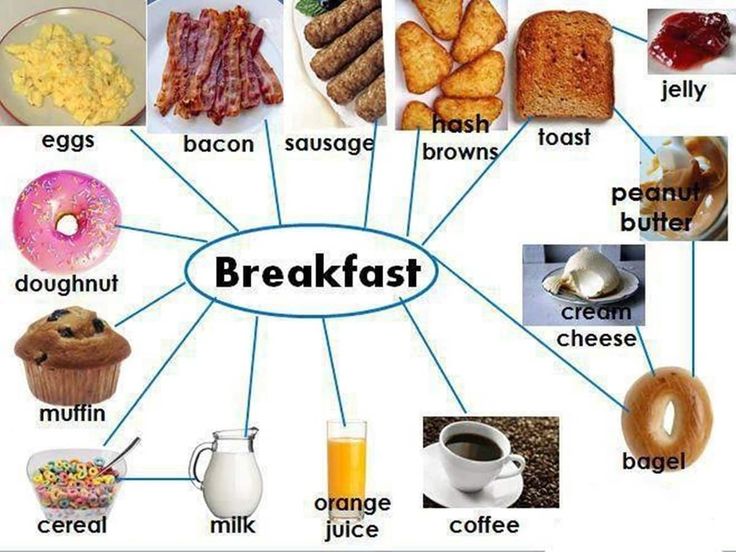 Thus, there are many causes and factors that trigger diseases (viral, genetic, autoimmune ...), but such a reason as "accumulation of toxins" is not among them.
Thus, there are many causes and factors that trigger diseases (viral, genetic, autoimmune ...), but such a reason as "accumulation of toxins" is not among them.
If you are not feeling well, see a general practitioner first. He will diagnose your body and prescribe treatment if necessary, based only on the principles of evidence-based medicine!
Things are even simpler with “toxins”
Toxins are poisons that can cause potential poisoning of the body. The human body has a liver and kidneys, it is they who filter the blood, and harmful substances are excreted with feces and urine.
"Toxins" can poison the body only when the organs fail. If the liver and kidneys cannot cope, a very difficult situation immediately arises - the body instantly begins to be poisoned by toxins. This situation cannot be ignored, the state of health can quickly become critical, and without emergency medical care a person will die. This situation always has a serious cause, such as cirrhosis or kidney failure.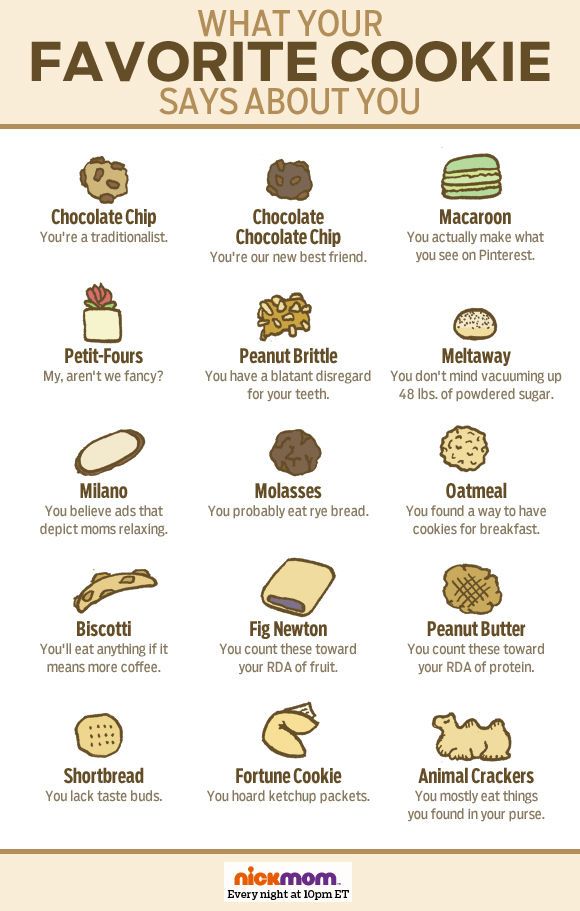
Why should I not give enemas, colon hydrotherapy, diuretics and laxatives without a medical indication?
Enemas, if done regularly, wash away the intestinal flora, preventing it from properly digesting food and absorbing water and minerals. The peristalsis of the rectum is also disturbed, which leads to dependence on enemas. Hydrocolonotherapy washes away the intestinal microflora even more and in some cases can cause serious harm.
Even if a person suffers from constipation, an enema should not be a daily regular measure to bring the bowels in order. It is done one-time to normalize the stool, before surgery or in other necessary cases. Moreover, regular preventive enemas are not needed. This also applies to taking diuretics (diuretic), choleretic and laxatives.
All of these products have specific medical indications. Yes, taking them can help you lose a few pounds in the short term by reducing swelling or improving bowel function. But if you use them regularly and without the supervision of a doctor, there is an imbalance in the body systems, first of all, the normal functioning of the kidneys and organs of the gastrointestinal tract is disrupted.
Moreover, “folk remedies” should not be used, for which there is neither an evidence base nor guarantees of their safety. At best, these are meaningless actions; at worst, they are harmful.
For example, uncontrolled intake of cholagogues, if you really have gallstones, can lead to blockage of the duct by a stone and the need for emergency surgery.
About clinic
Euromed Clinic is a multidisciplinary family clinic in the center of St. Petersburg.
- Doctor's house calls
- 24-hour therapist appointment
- Tests, ultrasound, X-ray
- Whole body diagnostics
- Hospital and surgery
- Vaccination
Learn more about the clinic
Is fasting healthy?
Many nutritionists recommend a fasting day, during which a person reduces the caloric content of food consumed. Not everyone needs such days: with normal weight and a balanced diet, they are simply useless. If a person is overweight, fasting days can be beneficial, but only if nutrition and physical activity are normalized at other times as well.
If a person is overweight, fasting days can be beneficial, but only if nutrition and physical activity are normalized at other times as well.
But multi-day therapeutic fasting, which implies the refusal of food for three weeks or more, has no indications. Evidence-based medicine testifies: this practice does not justify itself.
Therapeutic starvation was recognized as official medicine. Studies have shown that not eating can stimulate the immune system: the body produces more glucocorticoids, which have an immunoregulatory and anti-inflammatory effect.
However, the side effects of fasting negate its potential benefits and can cause significant harm.
This is oxygen starvation of the brain and other organs, muscle wasting and malnutrition of the skin, poisoning with acetone bodies, anemia. It is especially dangerous to starve in case of cardiovascular pathologies, problems with the liver and gastrointestinal tract, blood and kidney diseases, problems with veins, cholelithiasis and urolithiasis, mental illness and, of course, diabetes.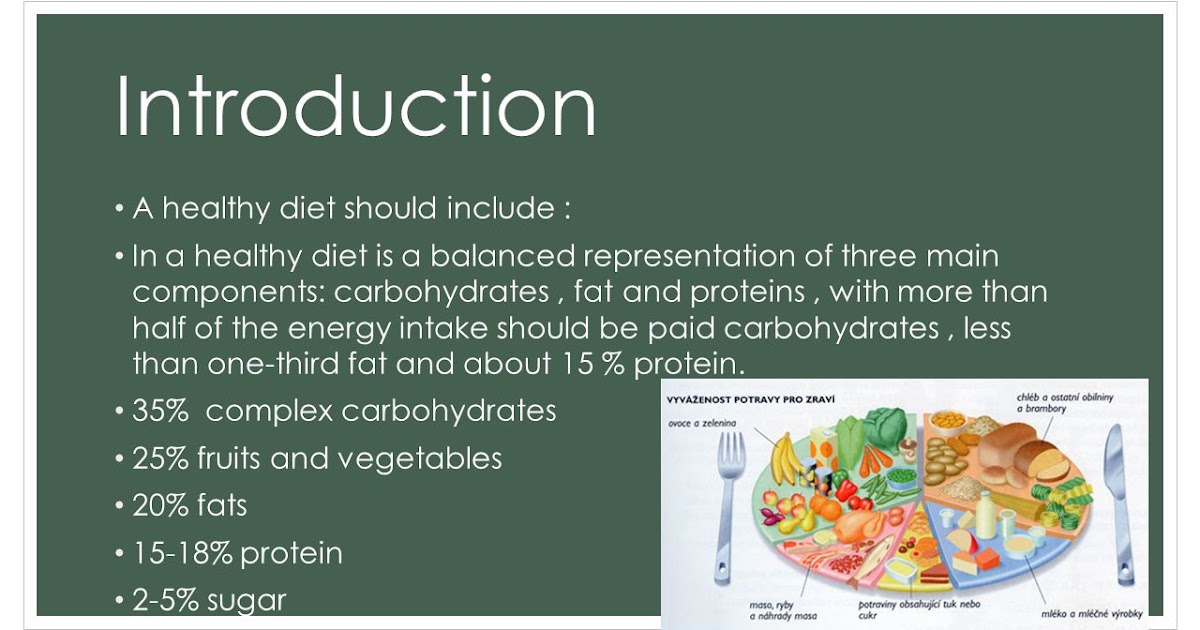 Fasting is strictly prohibited for adolescents and children, pregnant, lactating and the elderly.
Fasting is strictly prohibited for adolescents and children, pregnant, lactating and the elderly.
And fasting aimed at weight loss is not at all useful. In the early days, you can really lose a few pounds, but then the weight loss slows down. It's all about the evolutionary mechanism associated with the reaction of our body to hunger.
Our ancestors really often had to starve, and in order not to die, the body switches to an “emergency mode of functioning” during such periods - it begins to save body fat and lose weight due to the loss of muscle mass in order to stretch longer.
Already on the second day of fasting, muscle proteins begin to break down and be excreted. During a week of hunger, a person usually loses 5-7 kg, of which only 1 kg is fat.
Well, when a person starts eating again, the body cannot immediately return to normal mode from stress and continues to accumulate fat more actively than before. That is why after hard diets and starvation, people tend to get fat again. Nutritionists do not recommend fasting for weight loss, and fasting days should not be carried out more than once a week.
Nutritionists do not recommend fasting for weight loss, and fasting days should not be carried out more than once a week.
Find out how to give up sweets without harm to health
What is behind the constant desire to “cleanse the body”, “cleanse yourself”?
This is often a psychological mechanism that often occurs in various forms of the so-called obsessive-compulsive syndrome. This is a neurosis that can manifest itself in different forms: a person constantly cleans the apartment, washes his hands many times a day, is afraid of germs, the world and he himself seem “dirty” to him. Mild forms of obsessive-compulsive disorder can cause a person to "cleanse from the inside." If you notice that the fear of dirt, toxins, microbes and the desire to carry out ritual “cleansing” greatly complicate your life, then the doctor you can turn to is a psychotherapist. There are techniques to reduce stress and abandon the constant "cleansing activities.






